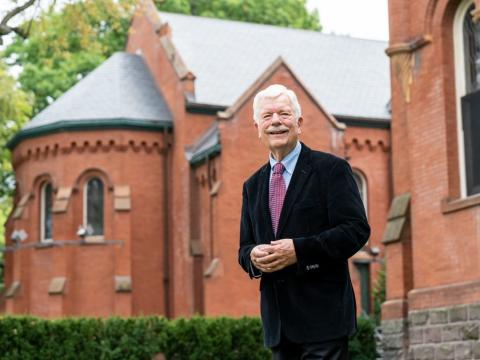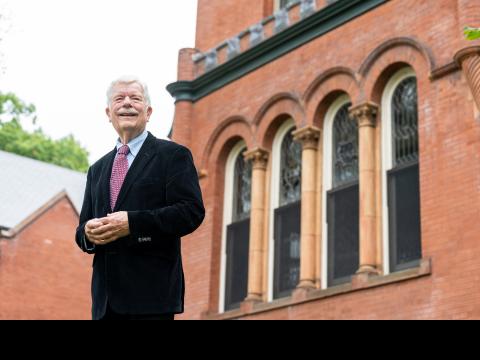Blood, heart, and data: An imperfect reflection on what’s real
“And behold [David], you are caught in your own evil, for you are a man of bloodshed!” (from II Samuel 16:8)[1]
“…‘I have found David, the son of Jesse, a man after My heart…’” (from Acts 13:22)
Read more














